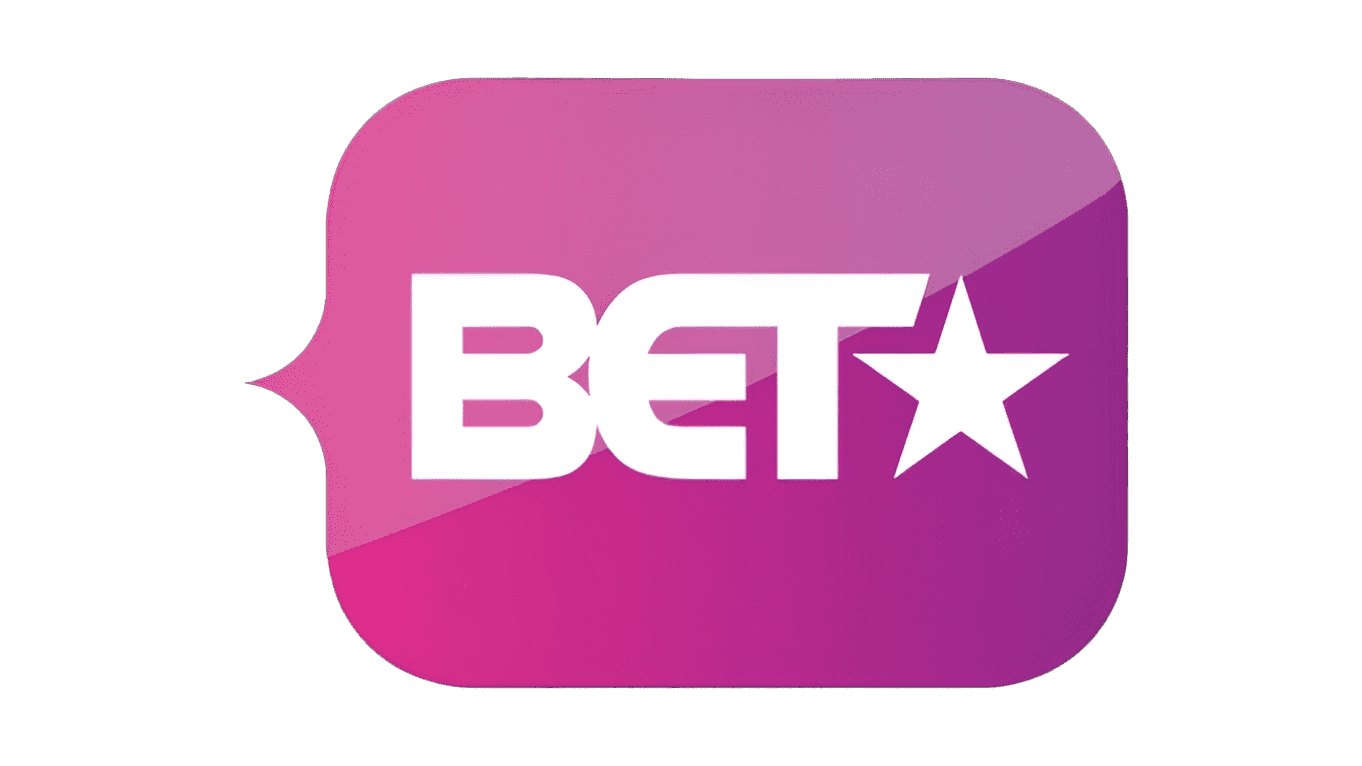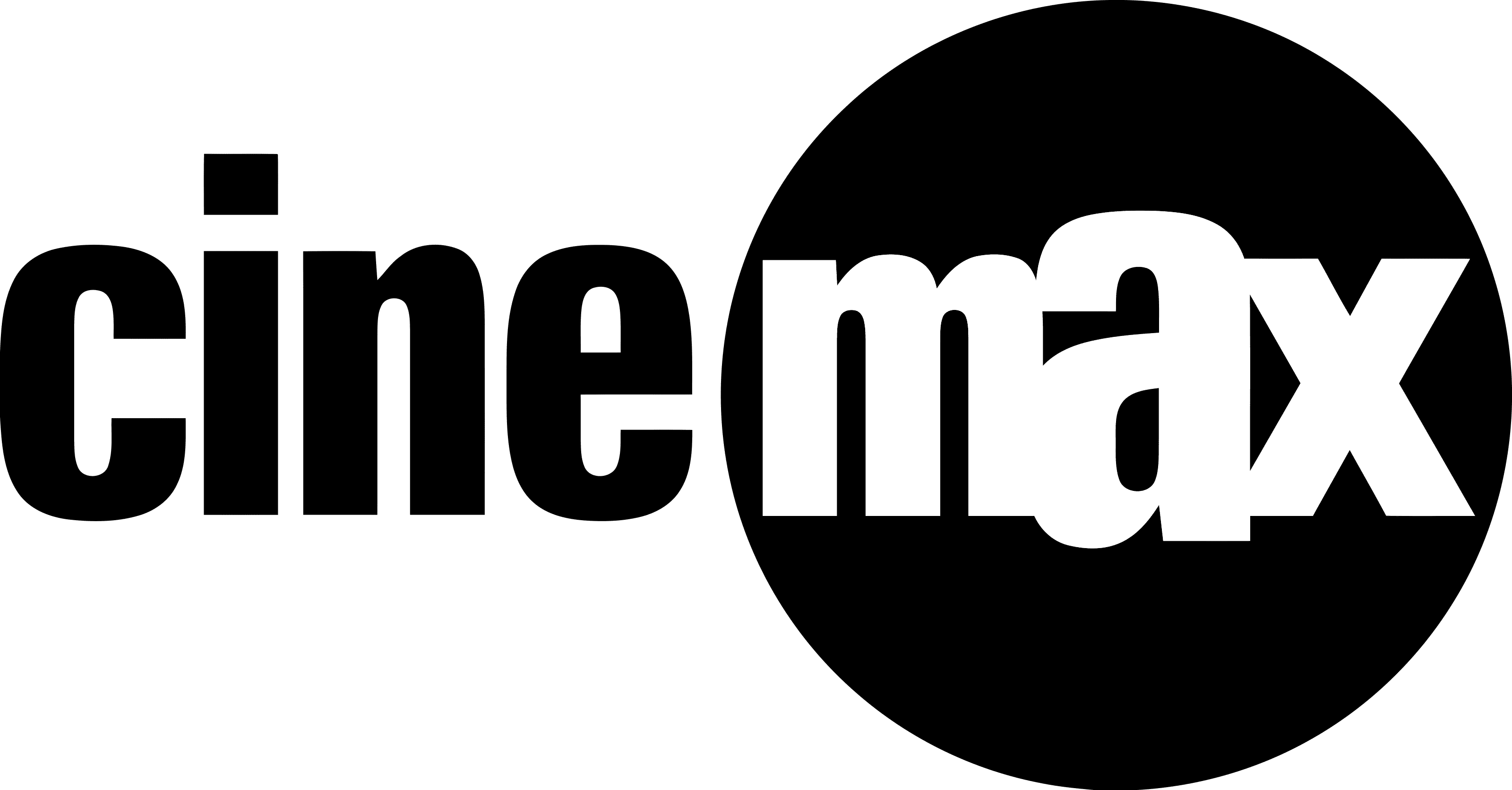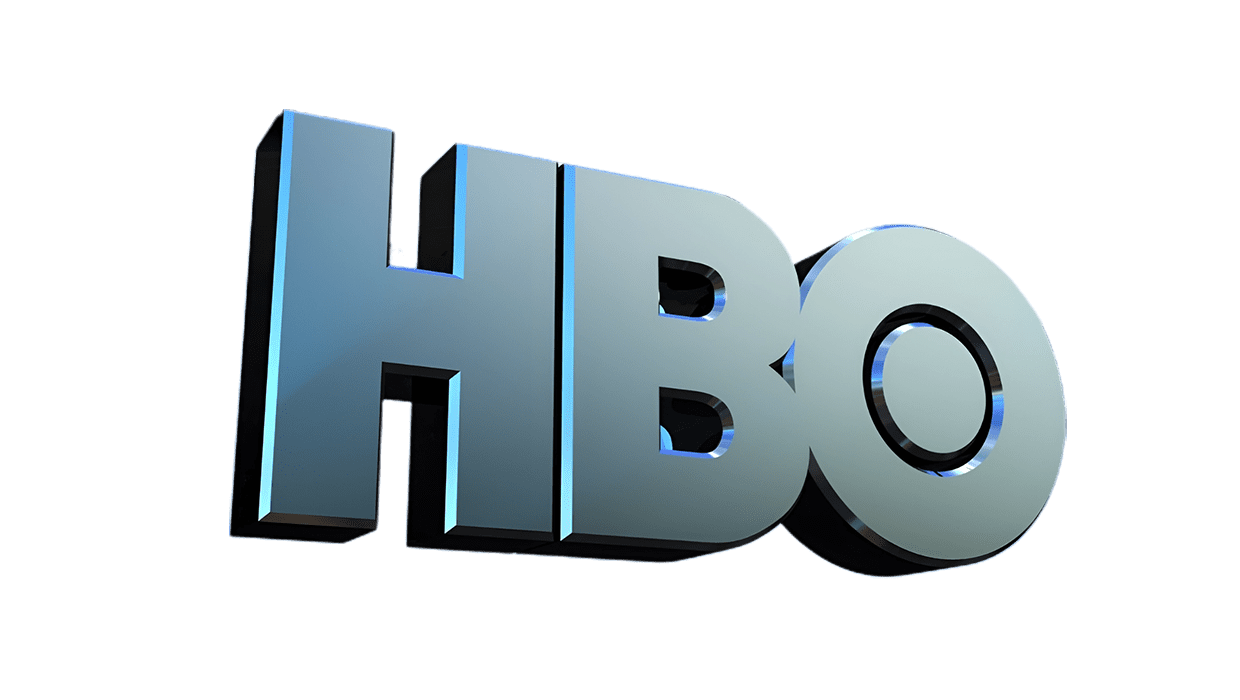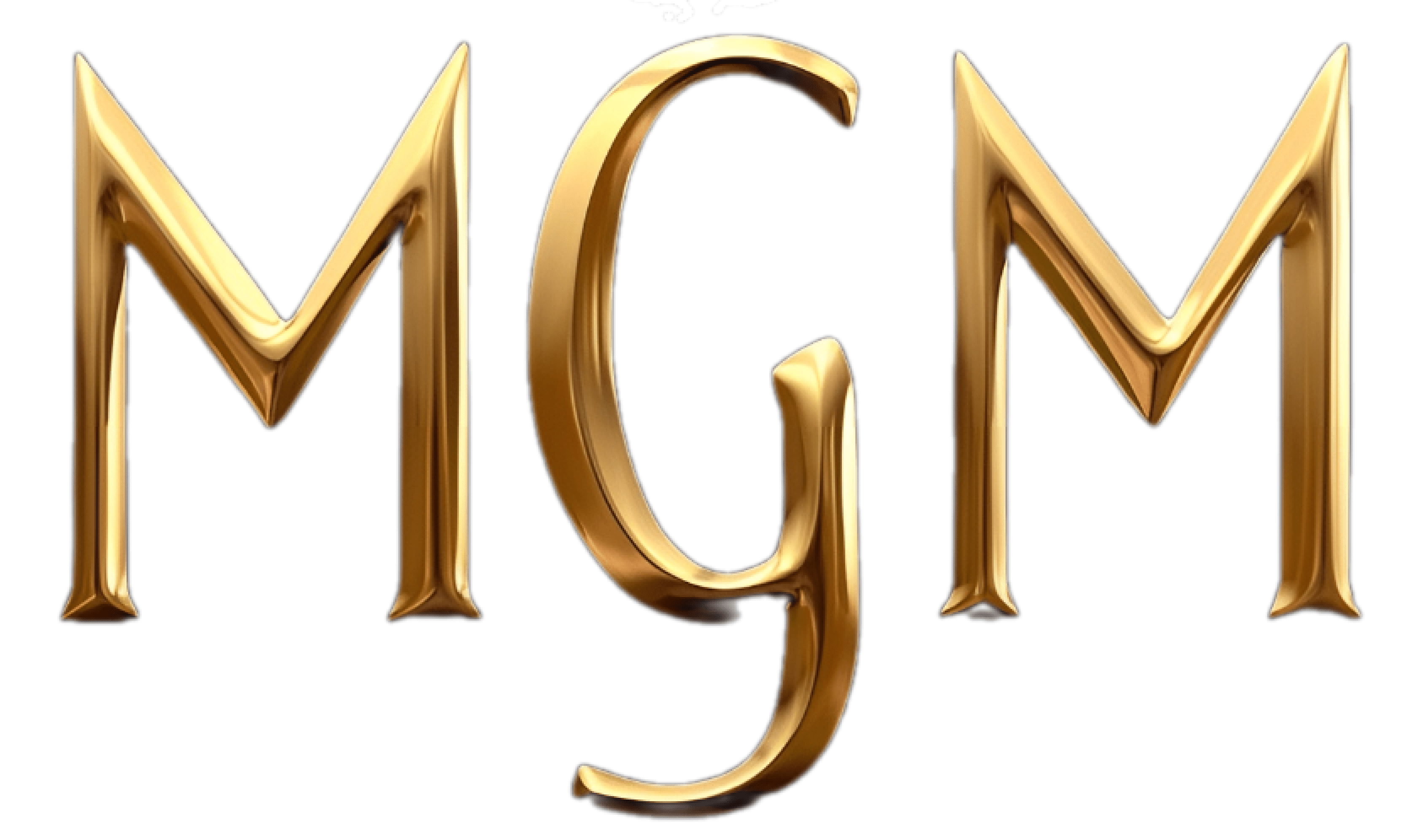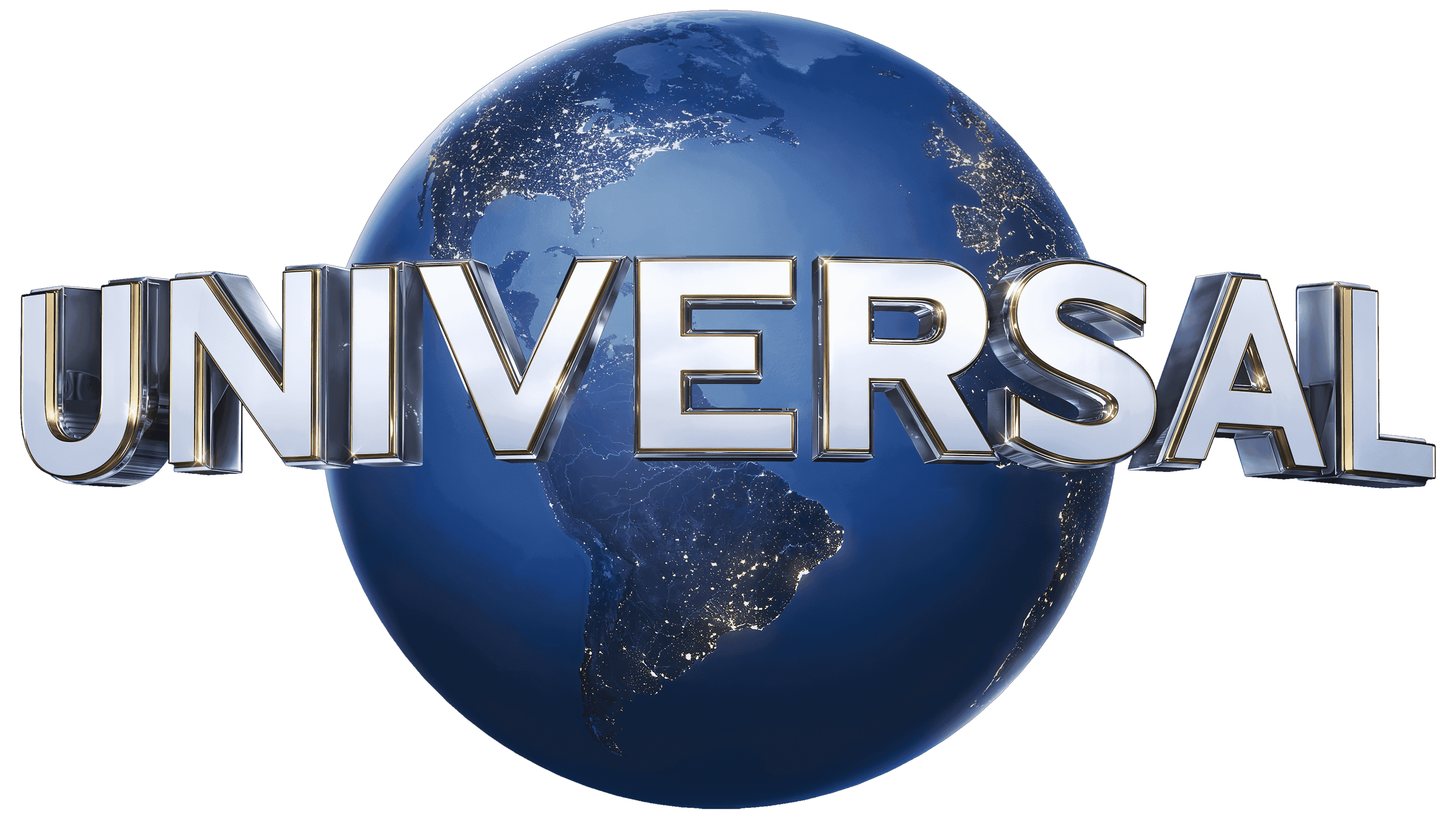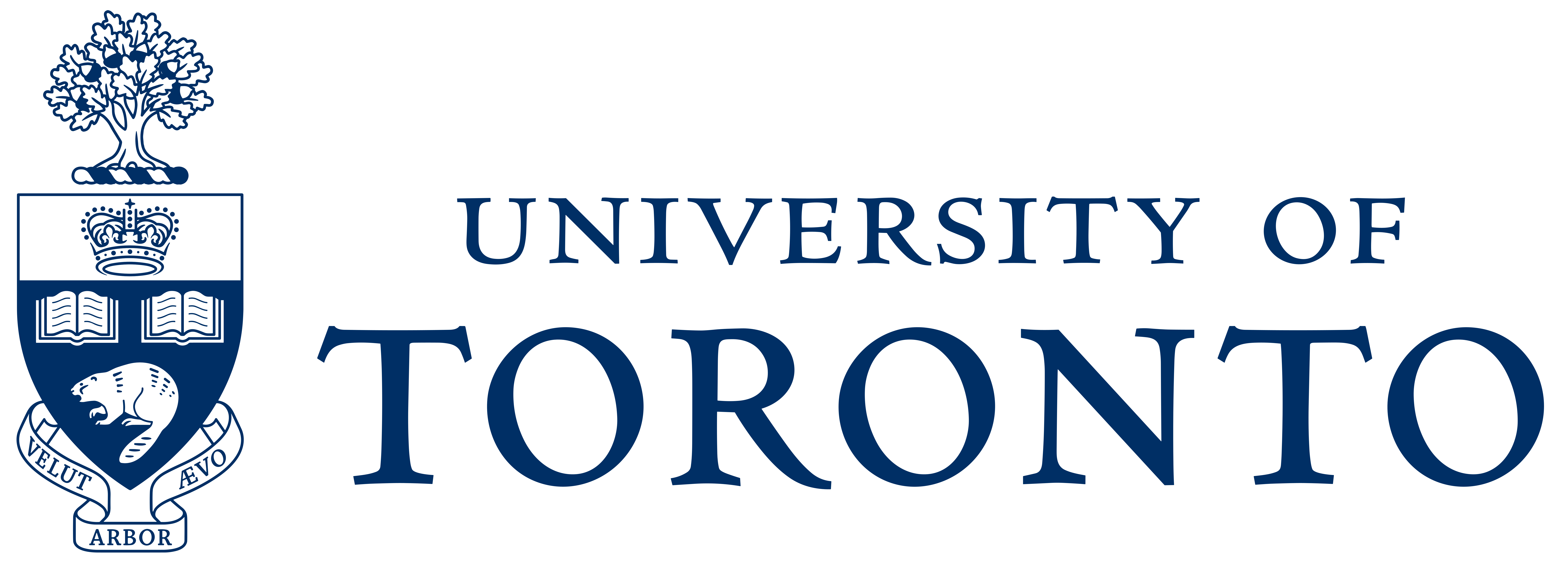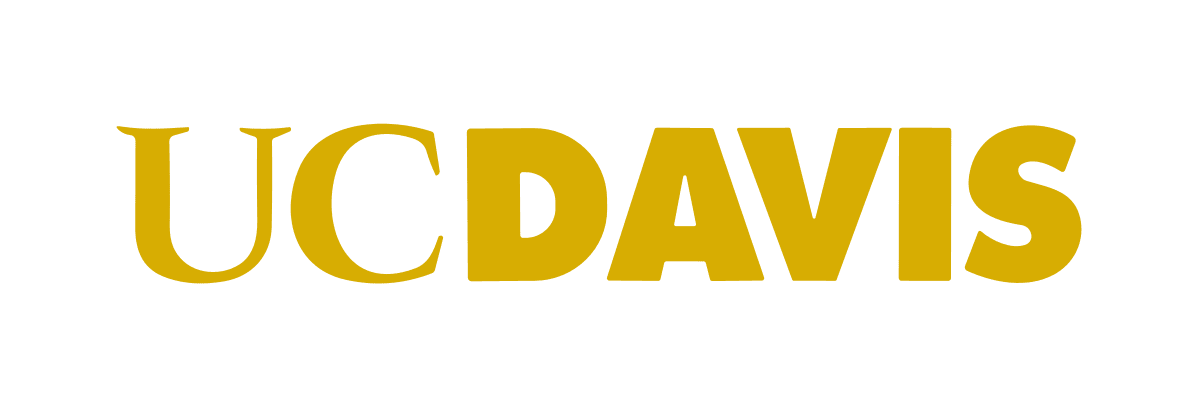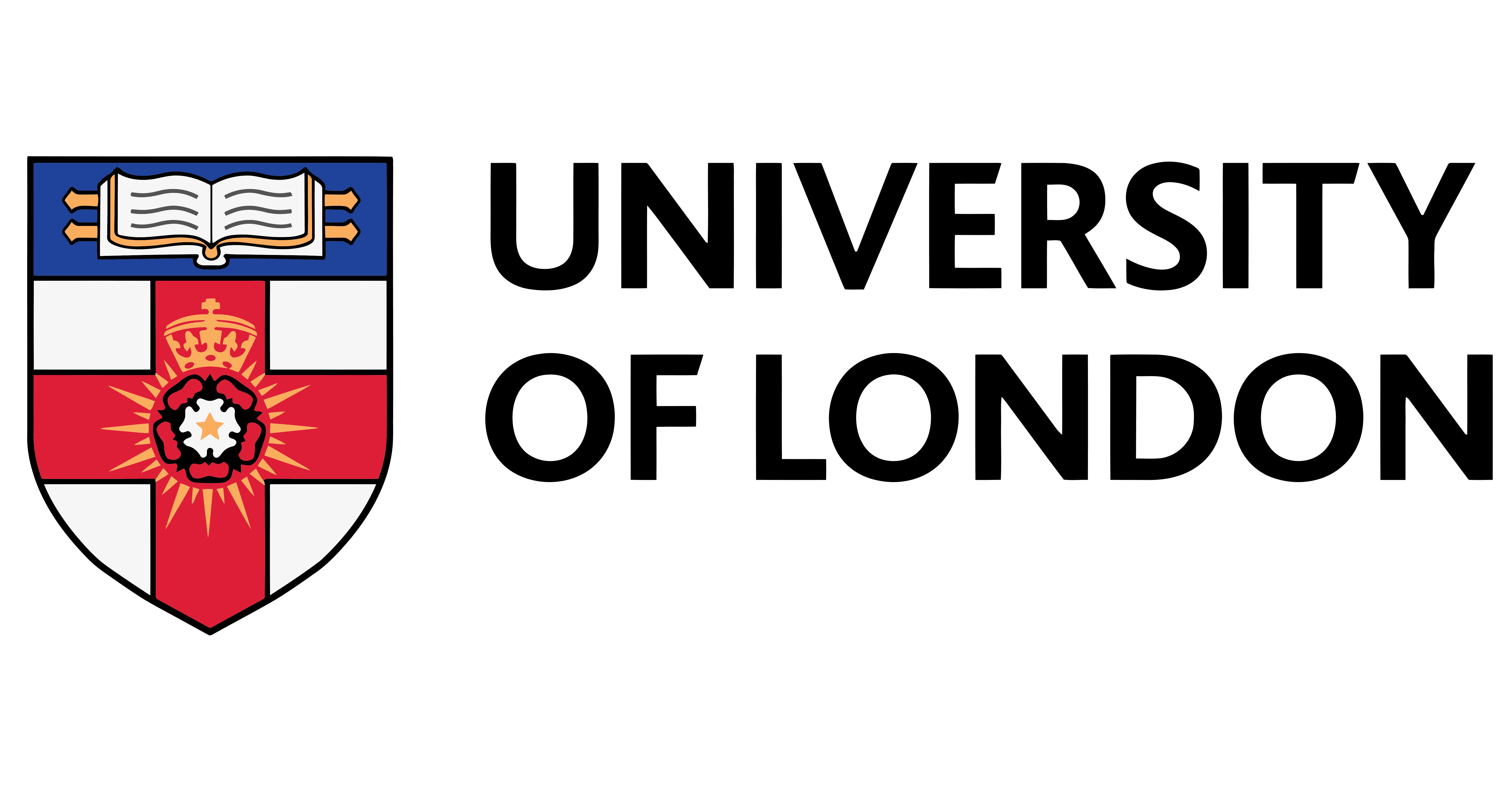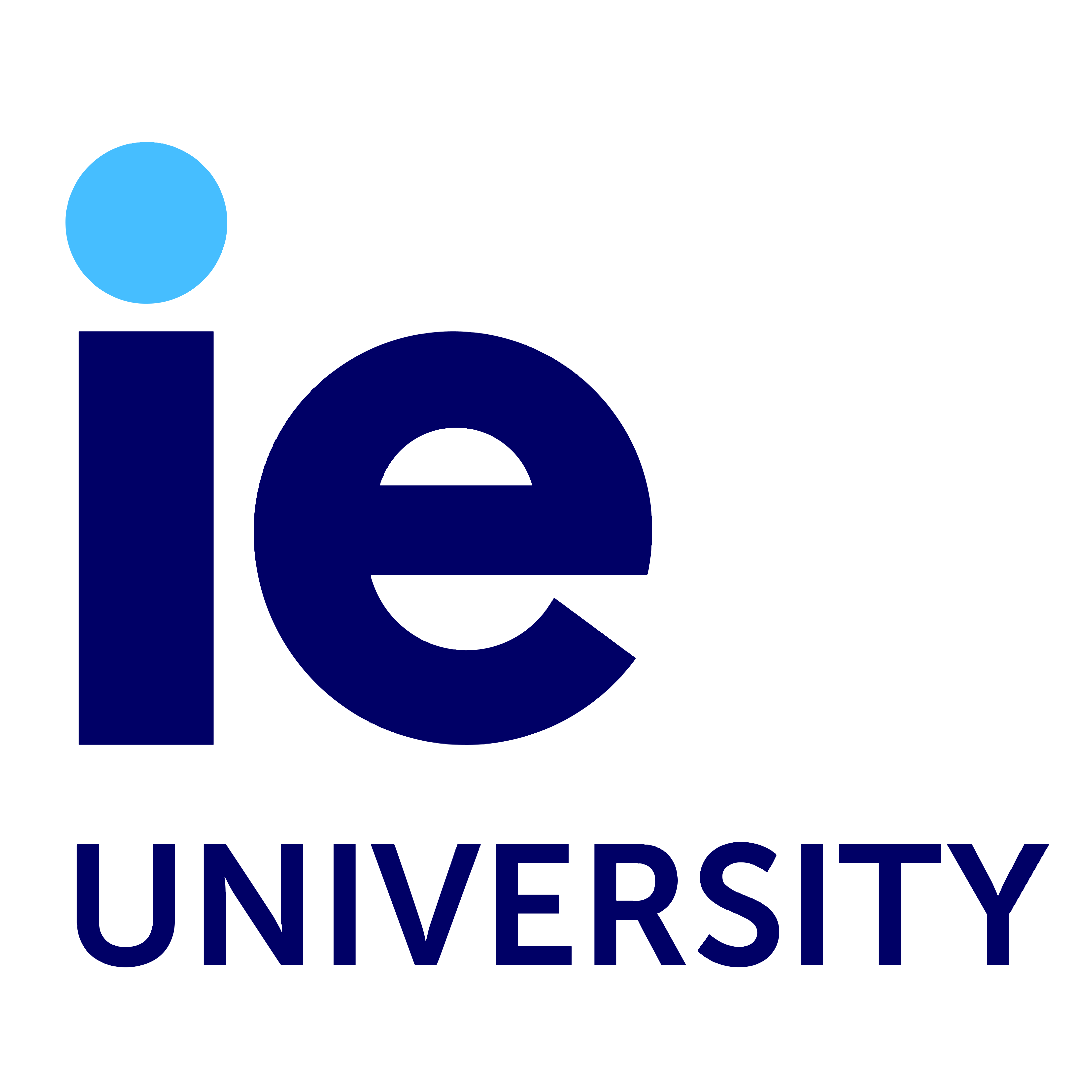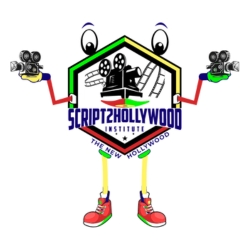Overview
1.Writing for Feature Screenplays Film and T.V
In this course, you will learn to write a full-length Feature Film Script. You will write a complete, feature-length screenplay for film or television, be it a serious drama or romantic comedy or anything in between. You’ll learn to break down the creative process into components, and you’ll discover a structured process that allows you to produce a polished and pitch-ready script by the end of the course. Completing this project will increase your confidence in your ideas and abilities, and you’ll feel prepared to pitch your first or next script and then get started on the next. This is a course designed to tap into your creativity and is based in “Active Learning”. Most of the actual learning takes place within your own activities – that is, writing! You will learn by doing.
2. Improve Your English Communication Skills
This Specialization helps you improve your professional communication in English for successful business interactions. Each course focuses on a particular area of communication in English: writing emails, speaking at meetings and interviews, giving presentations, and networking online. Whether you want to communicate to potential employers, employees, partners or clients, better English communication can help you achieve your language and professional goals. The Capstone course will focus especially on making those important connections to take your career or business to the next level. Make yourself more competitive by improving your English through this Specialization: Improve Your English Communication Skills.
3. Trans Media Writing
In this course, you will learn to write a novel, write a screenplay, design a video game? In this project-centered course you will develop your own, original, intellectual property (IP) into a transmedia project containing written versions of your IP on various platforms. You will begin your novel, adapt the first chapters of your novel into the opening scenes of a film or TV show and create a game design concept of your IP.
4. Getting Your Film Off The Ground
This course is an introduction to many of the possibilities that exist to fund your film, market it, and create an audience for it. It will give you a sense of possible options and avenues to explore and it will start you on the process of making your film dreams a reality. The course covers the grant researching and writing process for fiction films and documentaries, strategies for developing impactful film websites, best social media practices for filmmakers, and how to approach crowdfunding and seeking investors. Through these experiences you will be prepared to seek funding for your film and to build your own audience through digital spaces.
5. The City and You (Foreign Requirement)
This course will provide the knowledge and the tools needed to understand what cities do, why they matter, the forces shaping the greatest wave of urbanization in history, and how to pick the right place for you. The course will also help you develop critical thinking skills. We’ll accomplish this by providing evidence of the importance of cities, and why and how they matter to you. Then we’ll ask you to apply what you’ve learned in an exercise which will help you assess your own community and find your best place. It is organized around five key modules: (1) Why Cities Matter, (2) A World of Cities, (3) The Creative City, (4) The Divided City and the New Urban Crisis, and (5) How to Find the Best Place for You.
6. Writing in the Sciences
This course teaches scientists to become more effective writers, using practical examples and exercises. Topics include: principles of good writing, tricks for writing faster and with less anxiety, the format of a scientific manuscript, peer review, grant writing, ethical issues in scientific publication, and writing for general audiences.
7. Film, Images, & Historical Interpretation in the 20th Century; Camera Never Lies (Foreign Requirement)
This course is a short taster on the topic of the use of Images, Film, and their use in historical interpretation in the 20th century. It is primarily provided for those who have a general interest in history that draws on photojournalism as primary evidence, and films based on historical events.
Once you have completed this course we hope you will be equipped to: Appreciate the significance of photographs as historical evidence in the twentieth century. Understand the limitations of the medium, and how we can attribute meaning to these individual records of ‘one moment in time’ while taking into account the circumstances in which any particular image was taken. Understand how individuals and institutions have looked to manipulate images to their own ends – through alteration and/or censorship – and what that meant to contemporary interpretation, as well as subsequent historical interpretation. Put individual images into a wider context, and in particular with reference to history written, or portrayed, beyond academia: public history. Do be aware that part of the contents of this course regard images and depiction of war. Real wars and real images.
8. Introduction to Intellectual Law
Property assets dwarfing the value of their real-world counterparts. Apple’ trademarked brand was valued at over $100 billion as of 2017. J.K. Rowling’s Harry potter franchise has generated over $25 billion to date. But how did the law come to create such enormous value in intangible assets?
This course will introduce the various types of U.S. intellectual property: patents, which cover inventions and process innovations; copyright, which protects original works of authorship; and trademarks, which protect a business’ commercial identity as the source of valuable goods and services. You will then explore case studies of how global businesses have used intellectual property law to generate enormous value from these intangible assets.
9. Media and Ethics (Foreign Requirement)
This course explores some of the basic theories, models and concepts in the field of media ethics. We will introduce influential ethical theories and perspectives, explore changing societal demands and expectations of media creation and media use, and we will elaborate on existing ethical norms for media professionals. After following this course, you will be able to reflect on ethical dilemmas and develop a well-substantiated argumentation for ethical decision making in a variety of media-related contexts. Upon completion of this course, students should: • have knowledge of the history and development of perspectives on media ethics; • have knowledge of the dominant theoretical approaches and concepts; • be able to use this knowledge to develop a well-substantiated argumentation.
10. Studying Cities: Social Science Methods for Urban Research (Foreign Requirement)
In this course, you will learn how to conduct scientific research, specifically in an urban or local context? Studying Cities: Social Science Methods for Urban Research by the Institute for Housing and Urban Development Studies (IHS), Erasmus University Rotterdam. During the course you will gain more insight in the different steps of the research cycle, and build a firm foundation for your own future research endeavors. Before any (urban) researcher may start conducting research, it is crucial to understand the different aspects and elements of doing research. The course will guide you through the various steps of the research cycle to provide you with the basic knowledge necessary for any Master-level program, but with a special focus on urban and local development. The course starts with introductory lectures on the problem statement, research objective, empirical cycle and the research question. Over the following weeks you will also learn the components and criteria of the theoretical framework and operationalization, research strategies, and the collection and analysis of quantitative and qualitative data. You will be provided with the necessary tools to understand and evaluate these key steps in scientific research by watching video lectures with in-video questions and by completing the final peer review, which will use all the elements you have learnt throughout the course.
11. Story Analysis for Film & T.V.
This course offers a pragmatic, comprehensive overview of story analysis and the tools used by the professional reader. Throughout the course, you learn and practice coverage skills while gaining an understanding of the elements of story. Topics include various types of coverage, how to compose story notes, comparative coverage, character breakdowns, treatments, and outlines. Through weekly assignments, you are required to practice reading and writing for several formats and to deadline. In addition, the current job market and the various expectations of studios and independent producers are discussed. Upon completion of the course, you have written at least two pieces of full coverage that can be used as part of a professional portfolio or for auditioning for a job as a reader or an assistant.
12. Writers Guild
This course you will learn about the Writers Guild Foundation, Who should join, why join, benefits of joining, resources and much more. Since 1966, the Foundation has been the premier Hollywood resource for emerging writers and entertainment lovers. A 501(c)(3) nonprofit organization, the Writers Guild Foundation’s mission is to preserve and promote the history and craft of writing for the screen. We’re proud of all we do for the community, including our Veterans Writing Project, our Volunteer and Mentorship Programs, our Archive, and the Shavelson-Webb Library – the world’s only library devoted entirely to writing for the screen.
13. Capstone Final Project: Collaboration + Resume
This is your final course in achieving you Screenwriter Level II Professional Certification and your pre-requisite for Screenwriter Level III Master Certification. You will work with a team to create your final script project that is industry ready to pitch and shop for distribution and or be sold. You will be equipped to write and create more advanced and more highly budgeted domestic & international feature films. You are now qualified to apply for entry level & intermediate employment as a screen & film writer and more. Gaining the tools and advance education to succeed in this competitive industry.
Curriculum
Curriculum
- 7 Sections
- 17 Lessons
- 120 Weeks
- Block A (90 days) 3 courses3
- Block B (90 days) 3 courses3
- Block C (90 days) 3 courses3
- Block D (90 days) 3 courses3
- Block E (90 days) 3 courses3
- Block F (60 days) 1 course1
- Block G (90 days) 1 course1
Features
- Sub-Certifications: 6
- Students: 100 per block
- Certification: Professional Screenwriter Level II Certification
Target audiences
- High School Diploma or Equivalent

